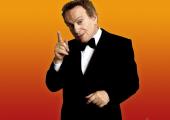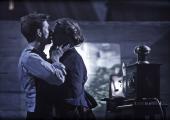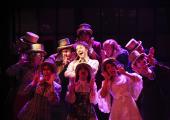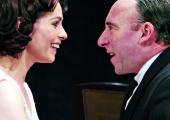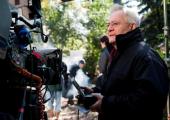In Darkness

Agnieszka Holland's sepulchral film brings a remarkable story of Jewish survival to light
The world has heard of Schindler’s Jews, who were saved from the gas ovens by the patronage of an enlightened German industrialist. Socha’s Jews are not quite so celebrated. There are number of reasons for that. For a start, many fewer Jews were saved in this narrative, and their story has not found its own Thomas Kenneally - nor until now its Steven Spielberg. But most importantly their saviour would never be mistaken for any sort of moral pin-up, being a burglar and black marketer who stashed his booty in the sewers of Lvov.

